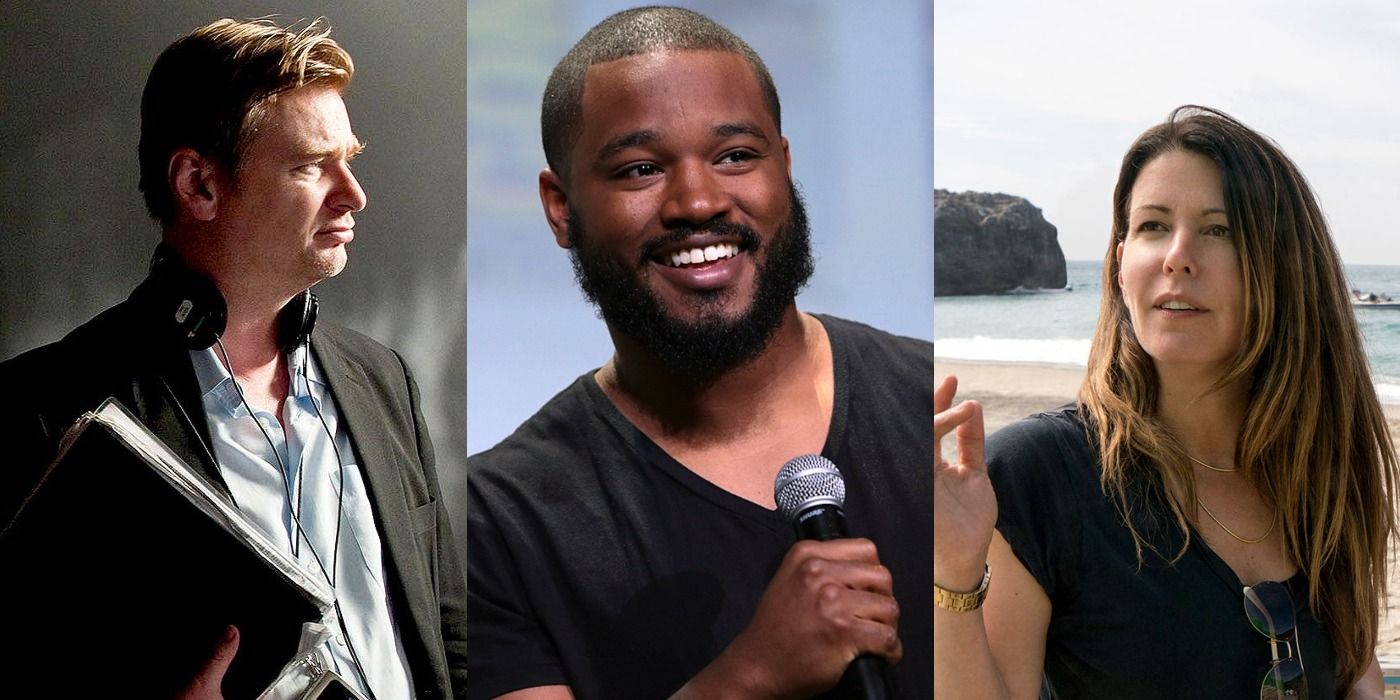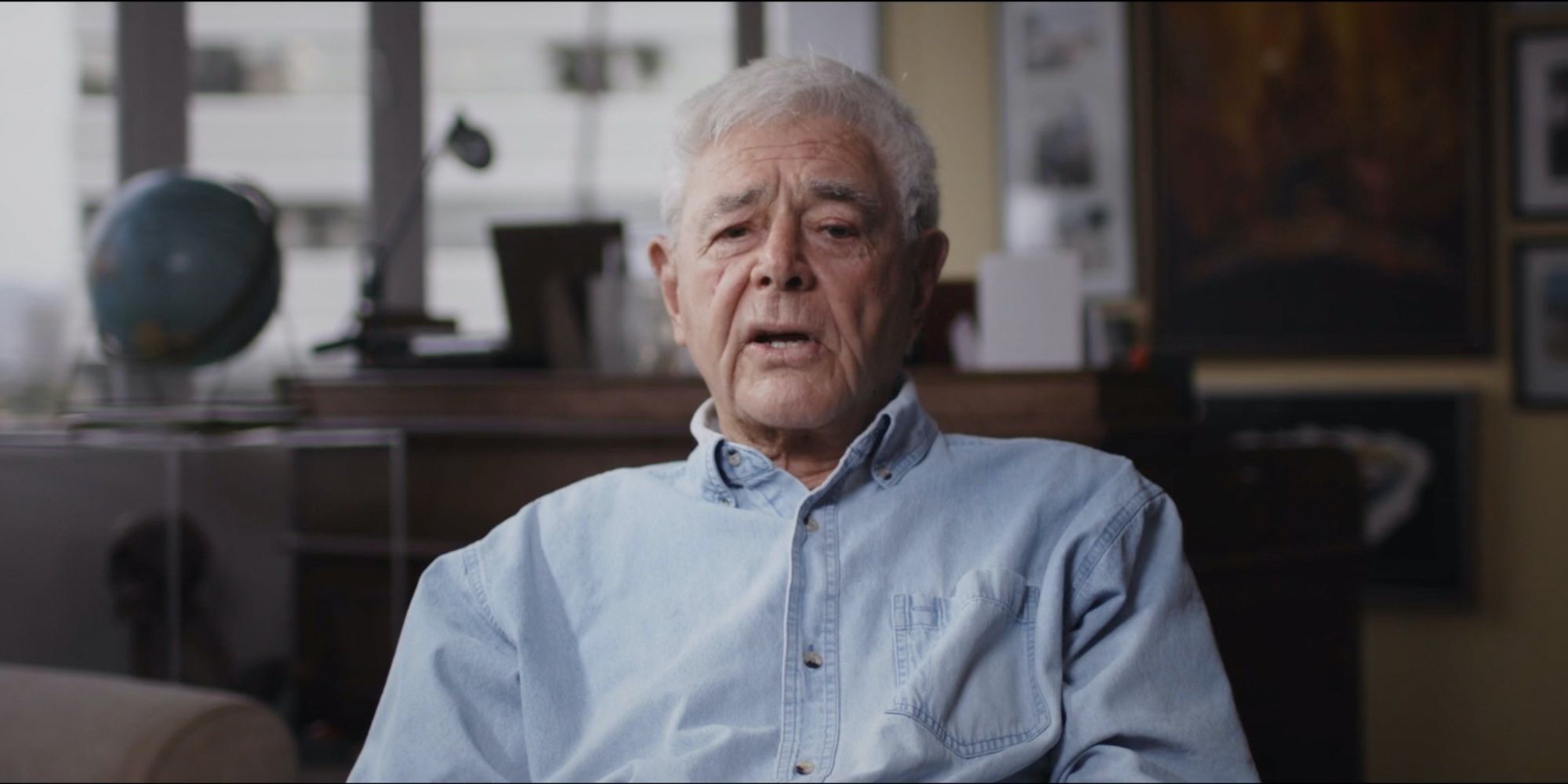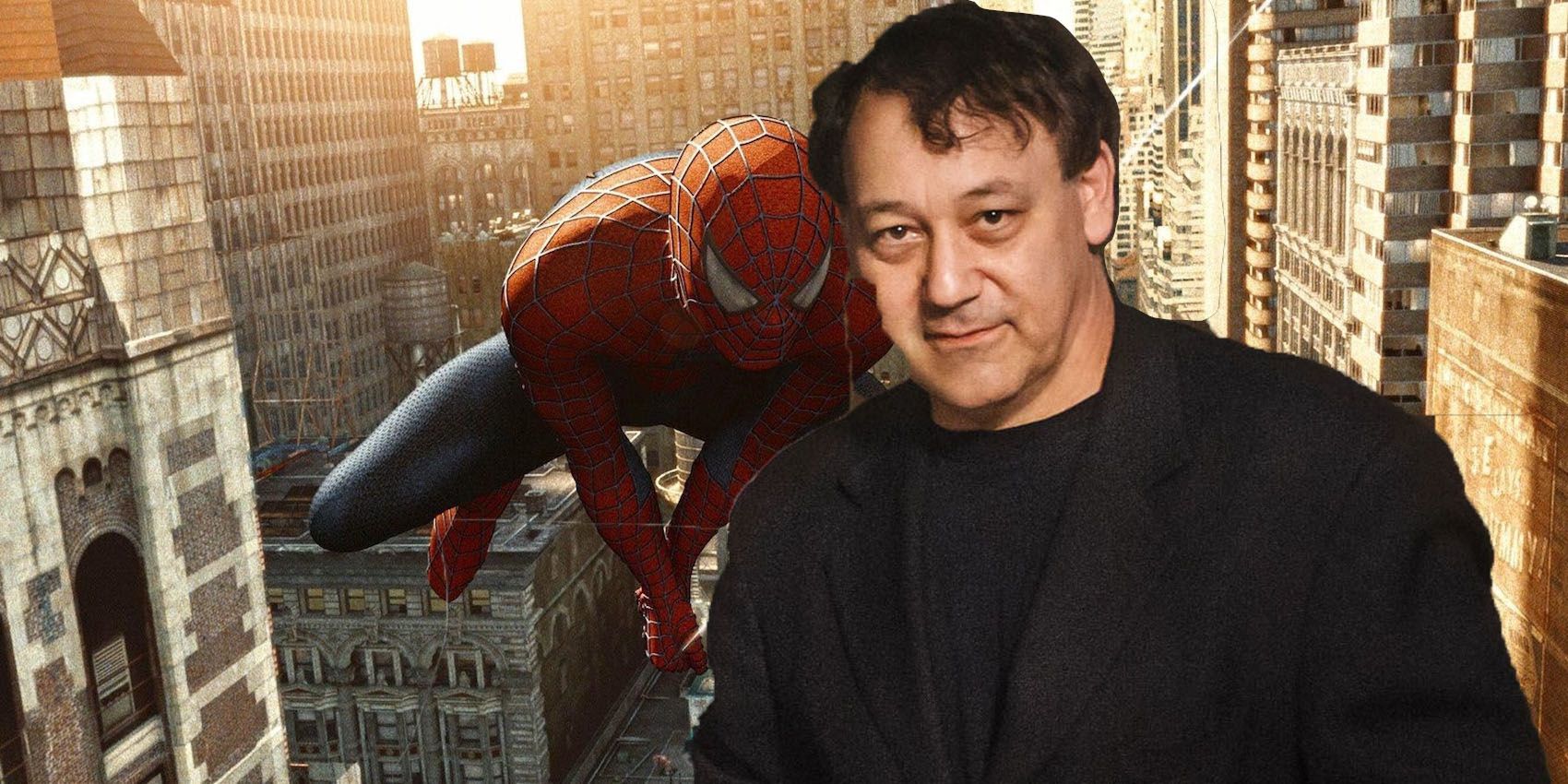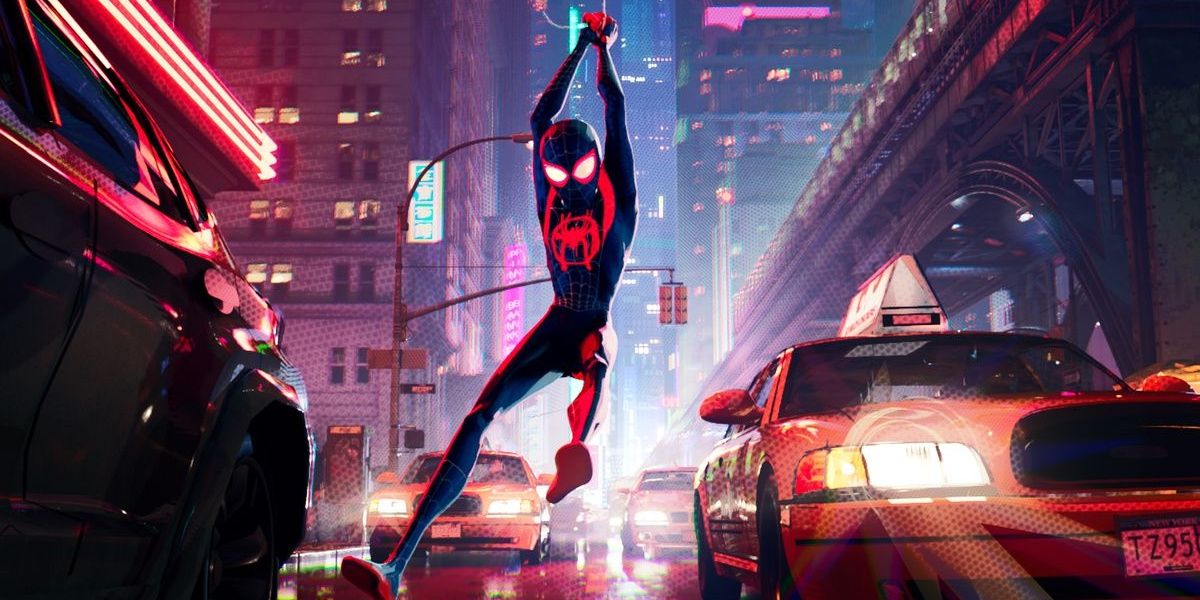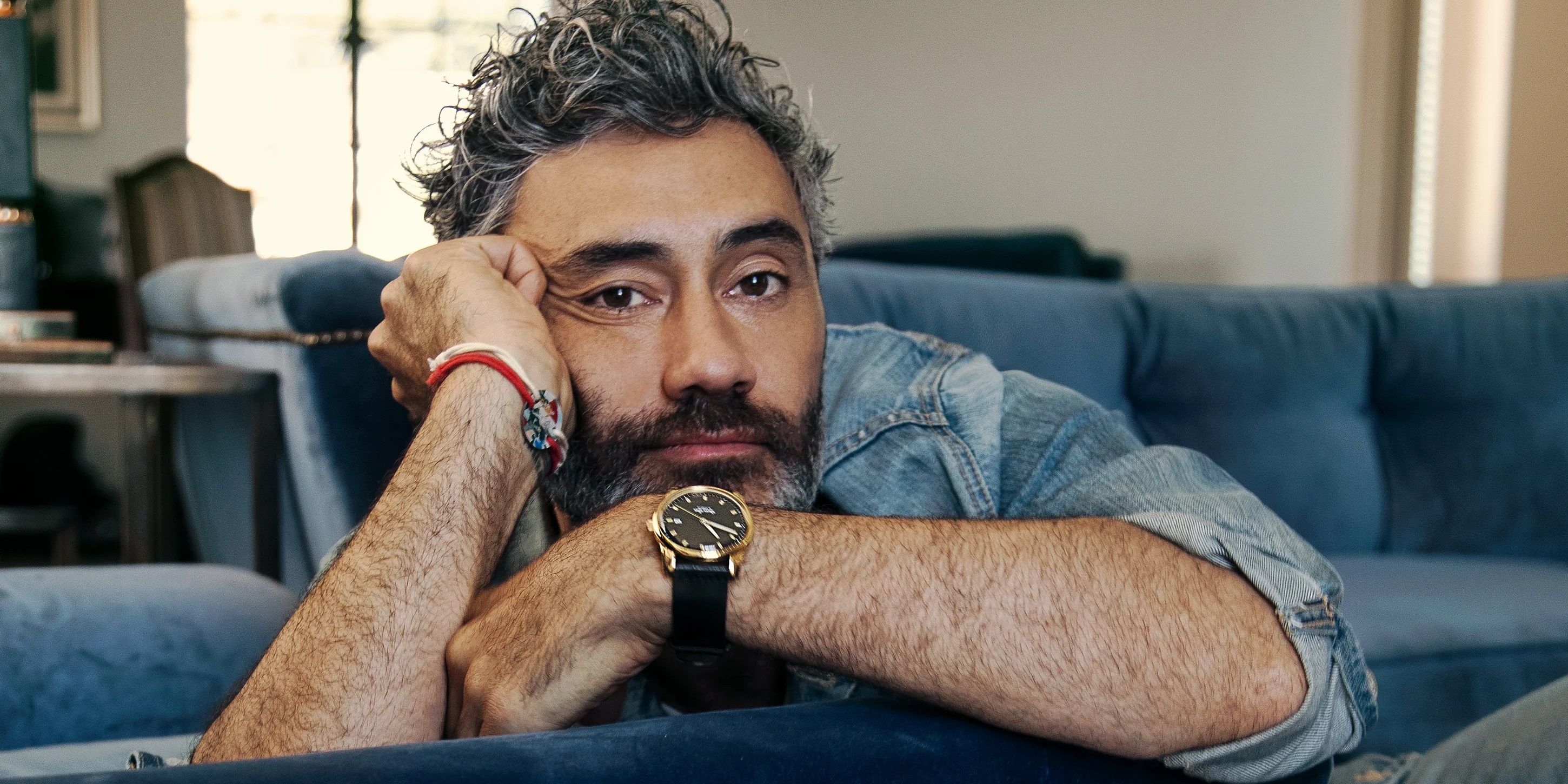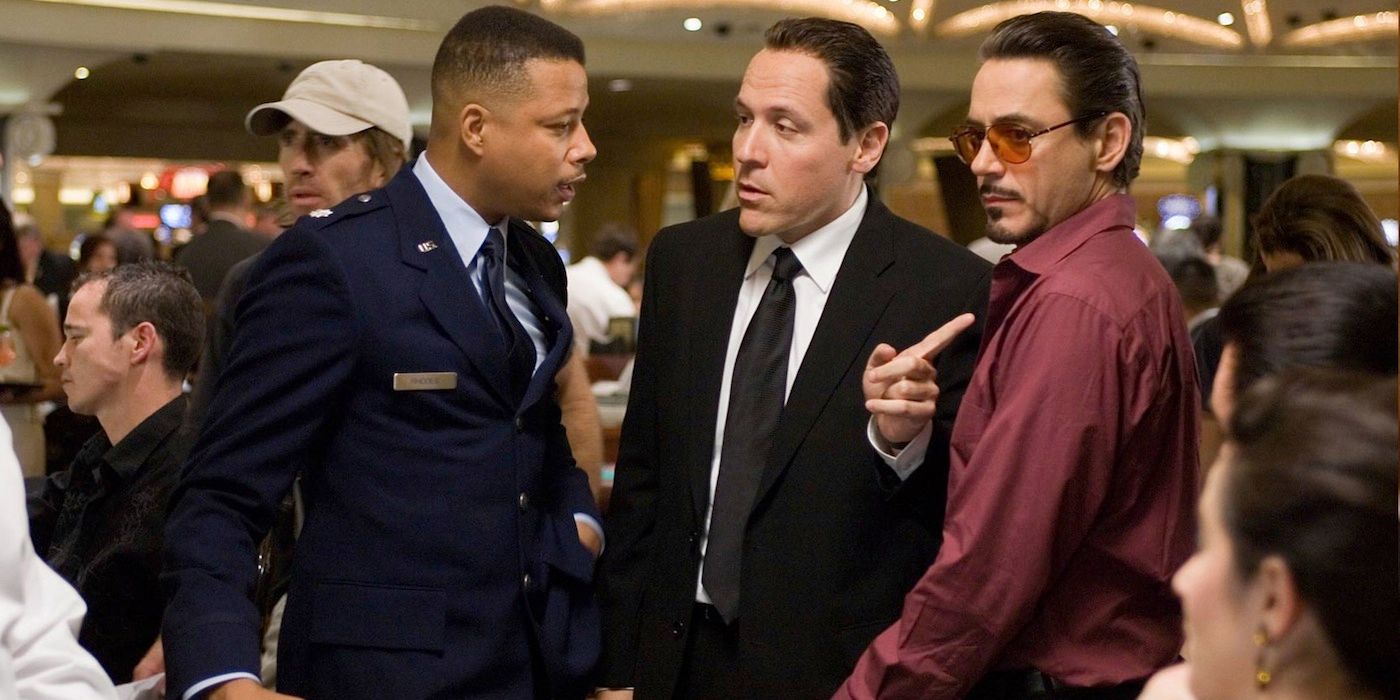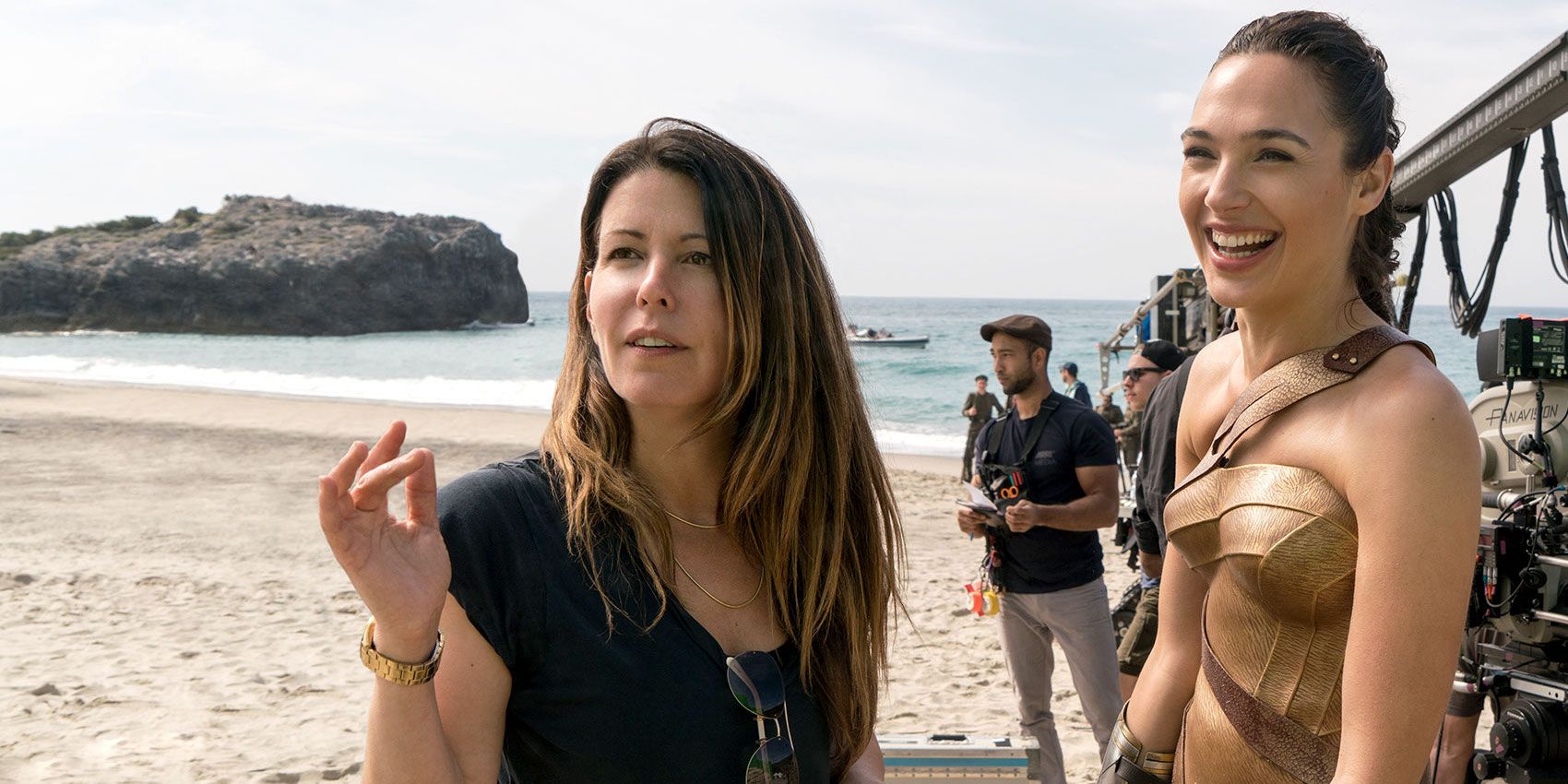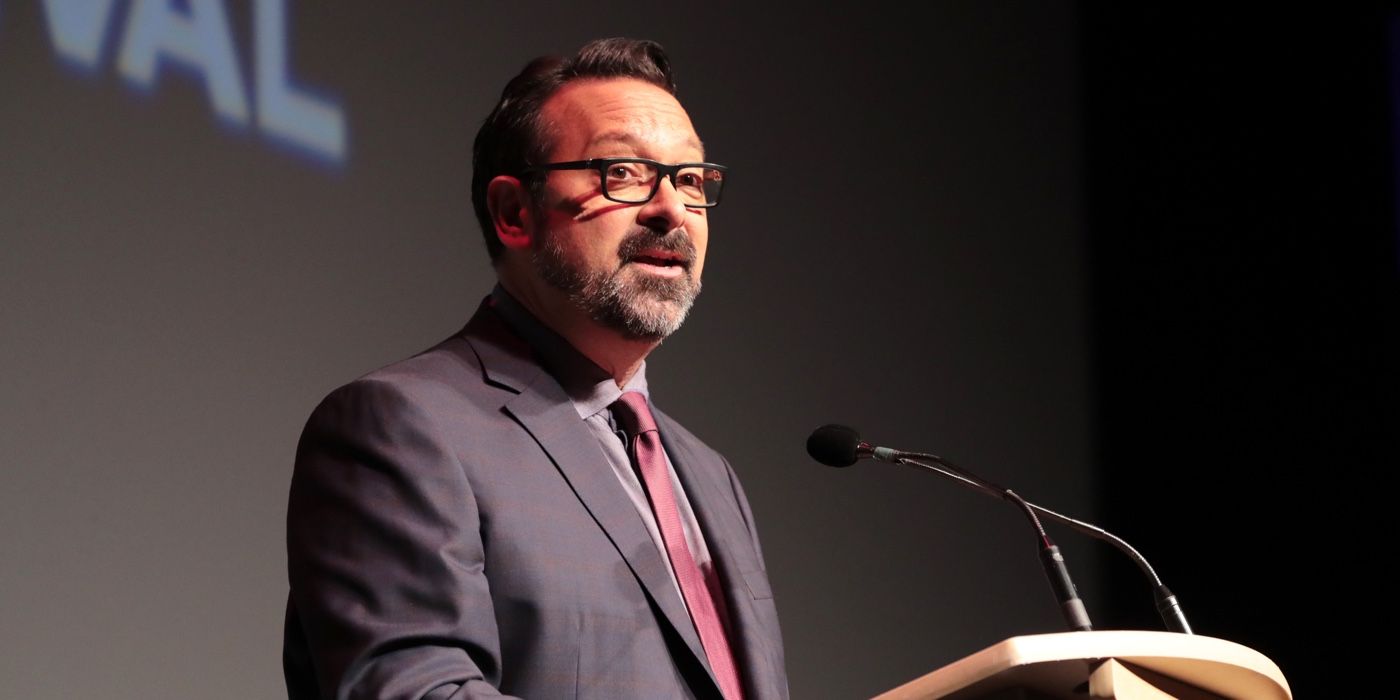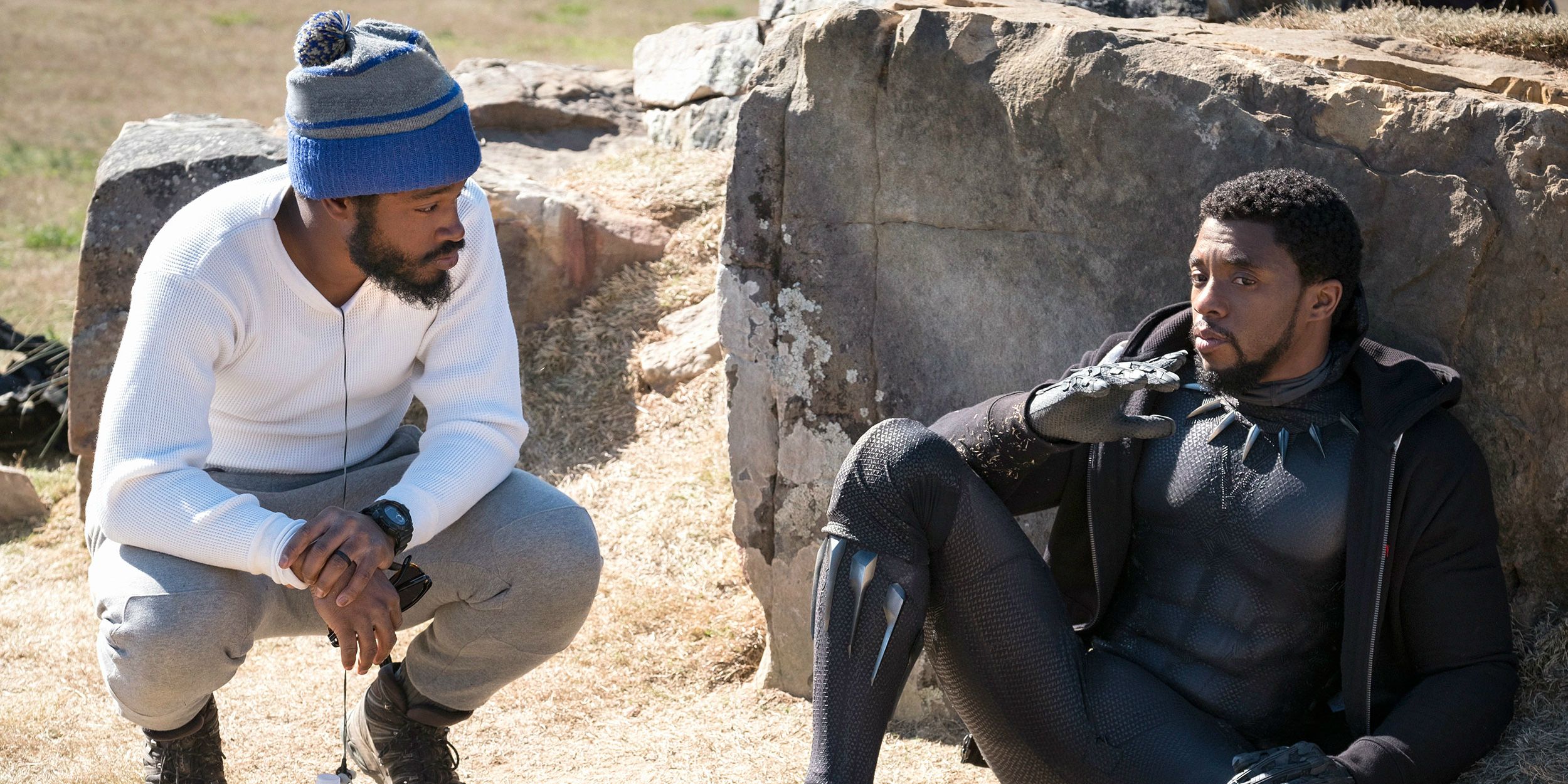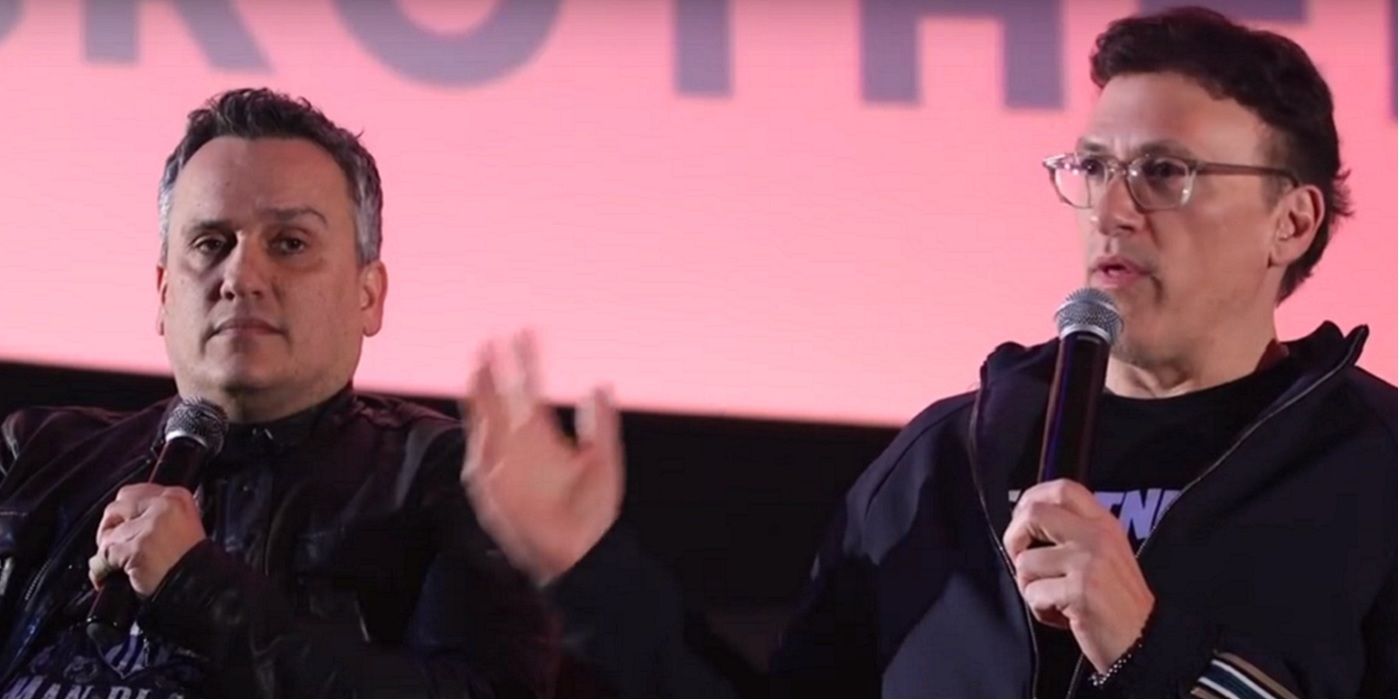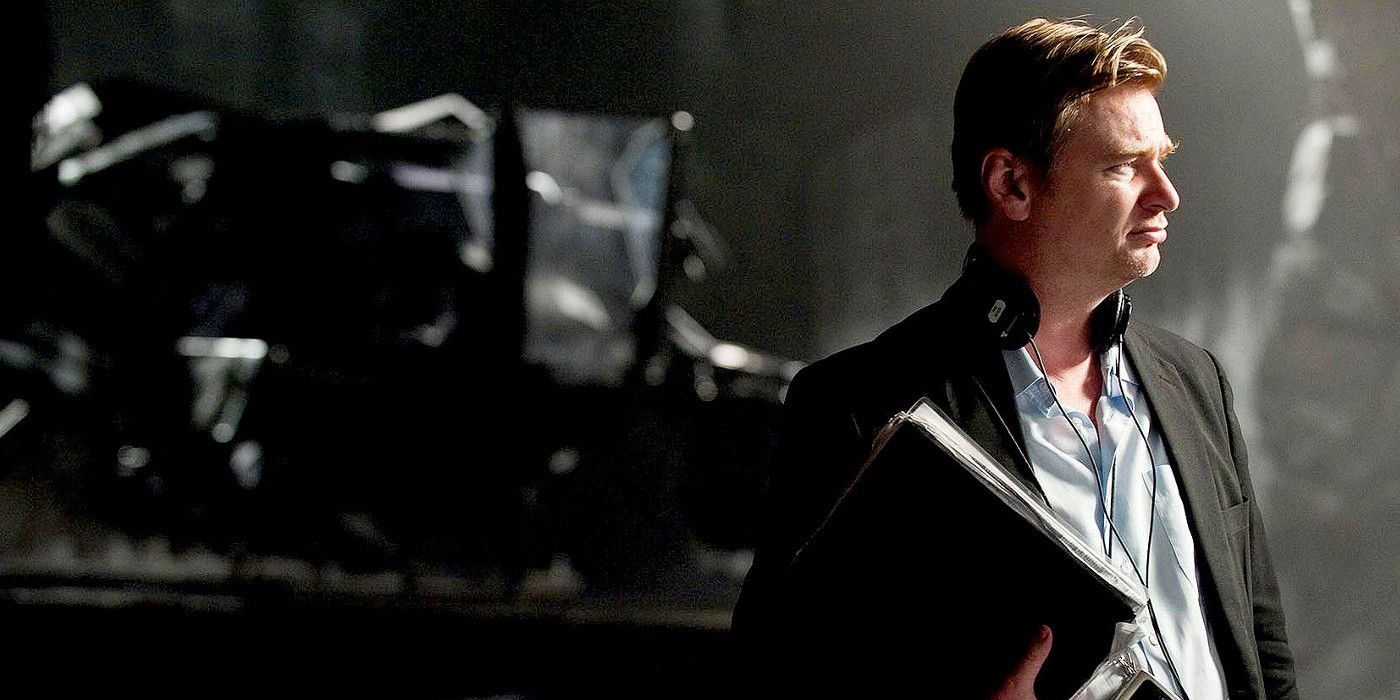As comic books have shown, even a great character can be bogged down if the storytelling is not on point. Classic characters have languished for years because of the direction their stories were taken. Conversely, when a good storyteller is at the helm, they can elevate the material and bring out the best in the characters.
The same has also proven true over and over again with comic book movie adaptations. Talented and visionary directors bring an extra dimension to their work and put a unique spin on classic comic book characters. As a result, there have been some incredible directorial efforts in comic book movies.
Richard Donner (Superman)
Prior to 1978's Superman, superhero movies and shows were generally treated as light, campy material. Projects such as Adam West's Batman focused on the comedic and over-the-top aspects of the source material.
This began to change, however, with Superman. Coming off of the success of The Omen, director Richard Donner pushed to treat the character with a more "reverent" approach. While certainly still light and occasionally comedic, the movie establishes a hopeful and optimistic tone in a grounded and believable way, laying the groundwork for all modern superhero movies.
Sam Raimi (Spider-Man 2)
Released in 2002, Spider-Man was one of several movies that helped launch the recent wave of superhero movies. However, as successful as the first film was, director Sam Raimi topped himself with Spider-Man 2, delivering a perfect superhero sequel.
By stripping the character of his powers, similar to Superman II, the director was able to tell a more character-driven story that explored the cost of heroism. This, combined with thrilling action sequences and a sympathetic approach to the villain made the movie a standout.
Peter Ramsey, Rodney Rothman, & Bob Persichetti (Spider-Man: Into The Spider-Verse)
After six live-action Spider-Man movies, the animated Spider-Man: Into the Spider-Verse took the property in a new and inventive direction. By focusing on Miles Morales instead of Peter Parker and bringing together a diverse group of Spider-People, the movie was a fresh and original take on the character.
Directors Peter Ramsey, Rodney Rothman, and Bob Persichetti brought the story to life with creative storytelling, effective meta-humor, and groundbreaking animation. Hilarious, relatable, and stunning to look at, Into the Spider-Verse is an incredible one-of-a-kind comic book movie that can only result from strong direction and clear vision.
Taika Waititi (Thor: Ragnarok)
While the first two Thor movies were successful, they were considered, by some, among the worst MCU movies. Despite the talent involved, some critics felt the movies came off as stiff and boring. All of this changed when Taika Waititi stepped in to direct the third film in the series, Thor: Ragnarok.
The director infused life into the franchise with this colorful, hilarious, and visually stunning entry. Known for his comedy, Taika Waititi was able to unlock Chris Hemsworth's comedic potential, reshaping the character of Thor. Additionally, the director delivers some of Thor's best action scenes, including his battle on the Rainbow Bridge and his gladiator match against Hulk.
Jon Favreau (Iron Man)
2008's Iron Man was an enormous success that set up the Avengers and launched the MCU. Director Jon Favreau is easily one of the biggest reasons that the film was so successful, starting with his risky decision to cast Robert Downey Jr. in the lead role.
By combining compelling characters, great visuals, and humor, Jon Favreau was able to establish what has become Marvel's formula for success. Following the popularity of the more dramatic X-Men and Spider-Man films of the early 2000s, Jon Favreau's serious yet comedic direction made Iron Man unique and fresh.
Patty Jenkins (Wonder Woman)
After the character was introduced in Batman v Superman: Dawn of Justice, Wonder Woman marked the first solo outing for the Amazonian warrior. The film is a fish out of water story, as Wonder Woman leaves Themyscira for the first time and experiences the world.
Director Patty Jenkins, clearly taking inspiration from Superman, perfectly balances the optimism and hopefulness of the character with the horrors and violence of World War I. The result is a bright, inspiring movie that is filled with many memorable moments.
James Mangold (Logan)
Over the years, the X-Men franchise has struggled with consistency, producing some major hits and misses. However, the character of Wolverine has been a constant fan favorite. Taking over after the misfire of X-Men: Origins, director James Mangold got the character back on track with The Wolverine before delivering a masterpiece in Logan.
James Mangold used a gritty, R-rated approach to the film that highlighted the character's rage and violence in a way audiences had never seen. Dark and character-driven, Mangold crafts an engaging film about loss, aging, and ultimately redemption.
Ryan Coogler (Black Panther)
2018's Black Panther was a pop-cultural phenomenon, achieving tremendous critical and commercial success. The film was praised for its creative Afrofuturism and visionary presentation of the nation of Wakanda. Additionally, the movie presents a surprisingly deep and nuanced philosophical debate as its central conflict.
One of the biggest driving forces behind this groundbreaking film, Ryan Coogler broke from the MCU mold, bringing in collaborators from his previous films to create this culturally significant, visually creative, and emotionally resonant film. He skillfully balanced the emotional journey of T'Challa with the big world-building elements.
Anthony & Joseph Russo (Avengers: Endgame)
After over a decade of build-up, the MCU's Infinity Saga finally came to a climax in Avengers: Endgame. As the culmination of the MCU, the film revisited moments from previous movies and brought together nearly every major character for a final fight against Thanos.
Directors Anthony and Joe Russo managed to balance all the demands of the film and delivered a thrilling, emotional journey that left fans in awe. Ambitious and groundbreaking, the Russo brothers accomplished the unimaginable and created the largest scale comic book movie of all time.
Christopher Nolan (The Dark Knight)
Following the failure of the campy Batman & Robin, director Christopher Nolan successfully rebooted the franchise with the dark and gritty Batman Begins. He then continued his reinvention of the character with The Dark Knight.
Christopher Nolan's grounded and realistic approach to the film helped reshape the industry, inspiring many other dark and gritty reboots. Additionally, he used outstanding tension and incredible performances from the cast to deliver what is considered by many to be the best superhero movie of all time.

